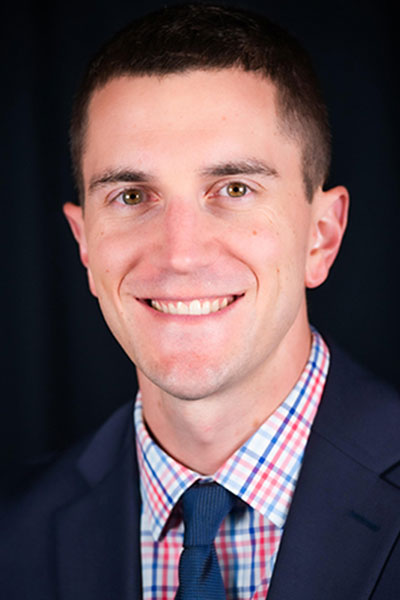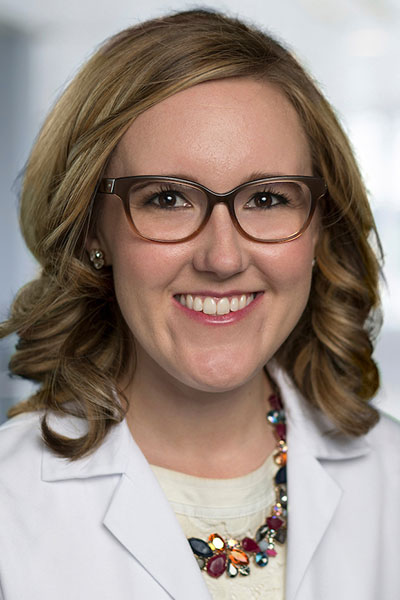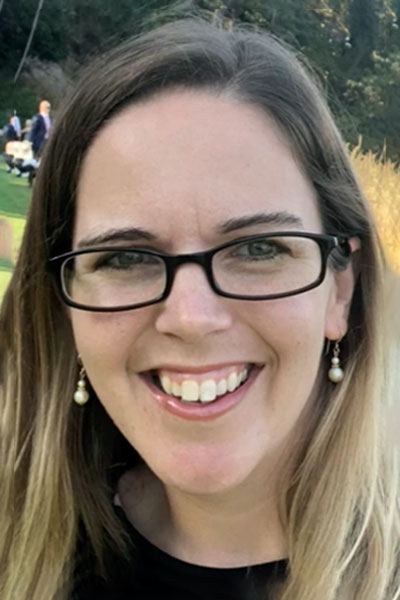The decision to initiate, continue, and cessate extracorporeal life support (ECLS) is not always black and white and should be approached through a shared decision-making model and clear communication, according to presenters at the CHEST 2022 session, Ethical Challenges in the Management of Patients on Extracorporeal Life Support, on Tuesday, October 18.
John Hunninghake, MD, FCCP, assistant professor of medicine at the Uniformed Services University and chief of the simulation center at Brooke Army Medical Center, discussed the clinical approach following a case presentation.

Exploring the case study
A 38-year-old mother of two who was pregnant with her third child was admitted to the hospital with COVID-19 and COVID ARDS. She safely delivered her child upon admission but rapidly deteriorated. Her family was adamant that she wanted to survive for her family. She was put on venovenous ECLS (vvECLS) as a bridge to recovery but couldn’t be weaned.
The options presented and addressed by presenters were to:
- keep the patient on vvECLS until the next attending takes over,
- beg the transplant team to give new lungs to this 38-year-old mother,
- declare medical “futility”—establish a date to withdraw care,
- consult ethics/palliative care, or
- conduct a family meeting.
There will always be a balance between clinical and ethical considerations when making life support decisions, Dr. Hunninghake said. Clinically, treatment teams must factor in the resources of their institutions and their abilities to prognosticate before initiation. Ethically, he said, it’s important to understand patient preferences while also considering their decision-making capacity and if informed consent can be provided in a time-pressured situation.
Because these issues overlap and must be continually reassessed, it’s best to use a shared decision-making process so clinicians and patients can manage expectations and avoid conflict.
“It really comes down to effective communication,” Dr. Hunninghake said. “But we can’t forget time is always going to be against us to a certain extent, and we have to recognize the preciousness of it.”

Ensuring effective communication
When it comes to speaking with the family, the way you linguistically frame your responses is important, he noted.
For ECLS as a bridge to transplant, Holly Keyt, MD, FCCP, associate professor of medicine and medical director of the lung transplant program at UT Health San Antonio, said there’s a few things to look at when making a decision about a transplant: 1) Consider the ethical principles in decision-making, including utility. 2) Don’t do it alone: Involve members of the multidisciplinary team, including the ICU, the palliative care team, and the family and patient. 3) Communicate: Be as transparent as possible with the team, patient, and family.

Michael Petty, PhD, APRN-BC, clinical nurse specialist at the University of Minnesota Medical Center and adjunct clinical assistant professor at the University of Minnesota School of Nursing, explained that it’s hard to define futility because everyone has a different perspective. Because of this variability, there should be regular discussions with involved team members about the current state, goals of treatment, and timeline, as well as an opportunity for all members to share concerns regarding continuation or discontinuation of ECLS.
There should be clear communication between the patient, the family, and the health care team to ensure that everyone understands the goals of treatment, the limitations of ECLS, and the expected time frame for support, he said.
Tips for navigating a family conference to ensure every member of the team is on the same page include:
- providing emotional support,
- explaining the patient’s medical condition and prognosis,
- assessing the patient’s surrogate’s role preference, and
- explaining the treatment options.

Consulting with committees and the family
In regard to consulting the ethics committee on a decision, it’s important to remember that they’re not there to be the moral police, peer-review clinicians, or be part of a long arm of administration, said Jeanne Krick, MD, MA, program director of the neonatology-perinatology fellowship and consultant to the Army Surgeon General, Medical Ethics, at the Brooke Army Medical Center.
“The primary purpose/goal is to improve the provision of health care,” Dr. Krick said. “We are here to help identify, work through, and analyze ethical issues that occur in the practice of clinical medicine.”
“I always say when I’m approaching parents in the NICU, you’re just as valuable to this conversation as I am,” Dr. Krick said. “…I am the hand to your heart. While I can tell you what my hands are doing, you have to tell me what’s in your heart.”
Join us at CHEST 2025
Save the date for the next Annual Meeting, October 19 to 22, 2025, in Chicago. CHEST 2025 will explore the latest advancements in pulmonary, critical care, and sleep medicine, with a focus on innovation and the future, just as the city itself embodies progress and reinvention.





